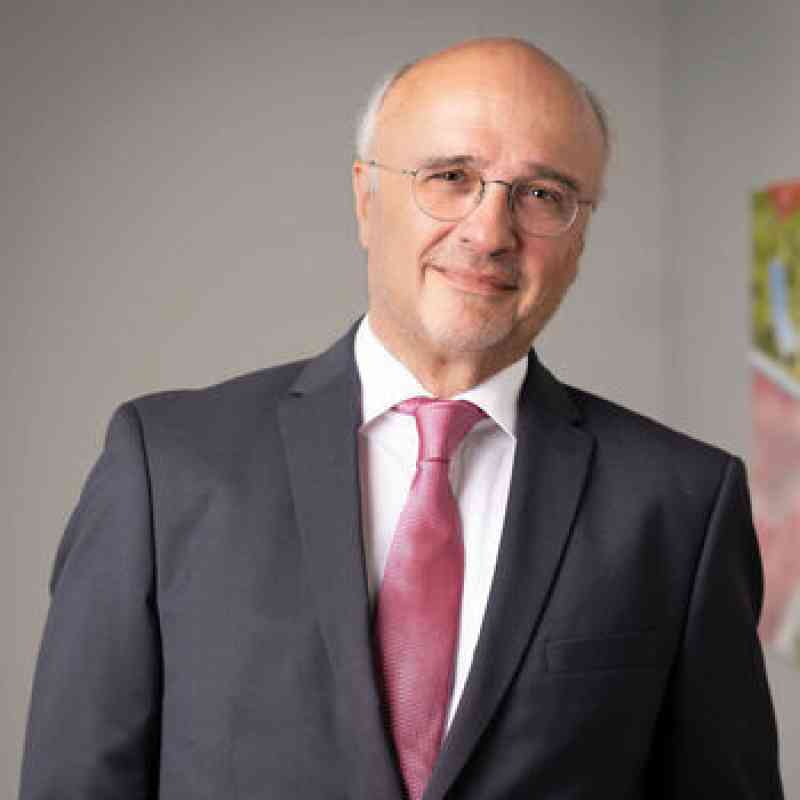EU/Competition – Legal Update
Status as of: 31 August 2022
► State Aid: Green Deal – Approval of German scheme to compensate indirect emission costs in favour of energy-intensive companiesand approval of German scheme to promote green district heating
Last month the European Commission approved two German aid schemes in the context of the Green Deal: energy-intensive companies may receive state funding to compensate for indirect CO2-costs and the Commission allows support for district heating based on the new “Guidelines on State Aid for Climate, Environmental Protection and Energy” (CEEAG).
After already approving an aid scheme for energy-intensive companies in July this year based on the “Temporary Crisis Framework for state aid measures to support the economy following the aggression against Ukraine by Russia”, the Commission now approved another German scheme with a total volume of EUR 27.5 billion. Under the approved scheme, energy-intensive companies can be partially compensated for higher electricity prices resulting from indirect emission costs due to the emissions trading system (ETS) (Link). Indirect emission costs result from (increasing) carbon prices on electricity generation activities, as electricity producers are not eligible for free allocation of emission allowances. The aid scheme shall prevent companies from relocating their production to countries outside the EU with less ambitious climate policies. The scheme was assessed under the ETS Guidelines and does not include aid for the consumption of self-generated electricity from plants that were put into operation before 1 January 2021 and for which the aid beneficiary is entitled to compensation under the German “Renewable Energy Act”. The approved aid scheme now offers a legally secure way to support energy-intensive companies. To be eligible for cost compensation, the companies must implement certain measures listed in their "energy management system" or cover at least 30% of their electricity consumption from renewable energy sources and will have to make additional investments as of 2023. This is to ensure that 50% of the aid amount is used to achieve the objectives of the Green Deal.
In 2018, the Commission had qualified the German grid fee exemption for electricity-intensive companies (so-called band-load consumers) as unlawful state aid (Link). Numerous actions have been brought against this Commission decision before the European General Court (EGC); so far, the EGC has dismissed some of the actions brought (EGC, judgements of 6 October 2021, Case T-745/18, Case T-196/19. Case T-233/19 and T-234/19, case T-238/19). Germany and the companies concerned have appealed against these rulings (the appeals are still pending before the ECJ).
Similar to the scheme for energy-intensive companies, the German measure to promote green district heating, as approved by the Commission on 2 August 2022, is also intended to implement the EU's strategic goals in the context of the Green Deal (Link). The scheme, which was examined by the Commission on the basis of Article 107 (3) (c) of the Treaty on the Functioning of the EU (TFEU) and the CEEAG, which have only been in force since January of this year (we reported: Link) has a total volume of EUR 2.98 billion. The scheme is intended to support both feasibility studies and transformation plans for the construction of more efficient district heating systems and the decarbonisation of existing district heating systems. In addition, the scheme covers operating aid for heat production from renewable sources by means of solar thermal installations and heat pumps.
► Antitrust: FCO publishes Annual Report 2021/2022
The German Federal Cartel Office (FCO) has presented its latest annual report on 30 August 2022, which, in addition to the aftermath of the pandemic and the 10th amendment to the Act against Restraints of Competition (GWB), demonstrates the impact of the Russian crisis (Link).
After initial pandemic-related difficulties, cartel prosecutions have increased again with fines totalling around EUR 105 million in 2021 and around EUR 20 million so far in 2022. At the same time, more raids were carried out as well (already 13 in the current year alone). In 2021, the FCO also reviewed around 1,000 notified transactions under merger control law, of which, as in the current year, only one was formally prohibited. Since the introduction of the new Section 19a (1) GWB at the beginning of 2021, the FCO has found Alphabet/Google, Amazon and Meta/Facebook to be of paramount significance for competition across markets; the proceedings against Apple, on the other hand, are still ongoing. The competition register, which is in full operation since spring 2021, already contains more than 4,000 notifications of relevant infringements. According to the FCO, the queries, which have been obligatory for contracting authorities since June 2022, average about 800 per day.
Furthermore, Andreas Mundt, President of the FCO, warns companies not to try to increase their profits during the crisis by violating antitrust law. According to Mundt, the first interim results of the ad hoc sector investigation launched in March 2022 because of the divergence of petrol station prices, crude oil prices and sales prices with a focus on refineries and wholesalers are to be presented in autumn 2022.
► Merger Control: FCO clears Kühne's share increase to become Lufthansa's largest shareholder
Vertical effects of concentrations do not always have to be restrictive of competition.
Both Kühne Holding AG (Kühne) and Deutsche Lufthansa AG (Lufthansa) have significant market positions in the air freight and related downstream logistics markets; at the same time, Kühne is a major customer of Lufthansa. The FCO nevertheless does not consider the vertical competitive effects caused by the 15.01% stake in Lufthansa now held by Kühne to give rise to competition concerns (Link). According to the FCO, there would still be sufficient alternatives available for other competitors even with limited capacities. Lufthansa's high share of the limited number of German departure and landing slots has less impact on air freight than on passenger transport, and it is also possible to use other European countries for freight transport, says the FCO. The acquisition was only subject to merger control in the first place because the increase in Kühne's shareholding puts it in the position of a minority shareholder with de-facto veto rights, due to continuously low attendance rates at Lufthansa shareholder meetings over the last years.
In cooperation with the US Department of Justice (DOJ) and by conducting worldwide investigations and exploring pertinent competition concerns, the FCO prevented a merger that would have led to a global market share of 60-70% in the relevant market.
According to the FCO, the parties involved, which are both active in the very narrow market of the production of reefer boxes, have withdrawn their merger control notification (Link). China International Marine Containers Group Co. Ltd (CIMC), the leading supplier of reefer boxes by far, would not only have further expanded this position through the acquisition of Maersk Container Industry (MCI), but would also have extended its product range to include the reefer units manufactured by MCI that are relevant to the reefer boxes. Customers in the relevant market would not have had sufficient alternative sourcing options after the takeover, according to the FCO. In particular, the only other two competitors are a small market player and a competitor that belongs to a Chinese state-owned shipping group and has had both corporate and personal ties with CIMC for decades.
***
The Chatham Partners’ EU/COMP-team is specialized in complex issues in the areas of EU and German competition, State aid and public procurement law and has extensive practical experiences in these fields.
We would like to thank Sonja Maria Brücker for her valuable support in the compilation of this newsletter.


